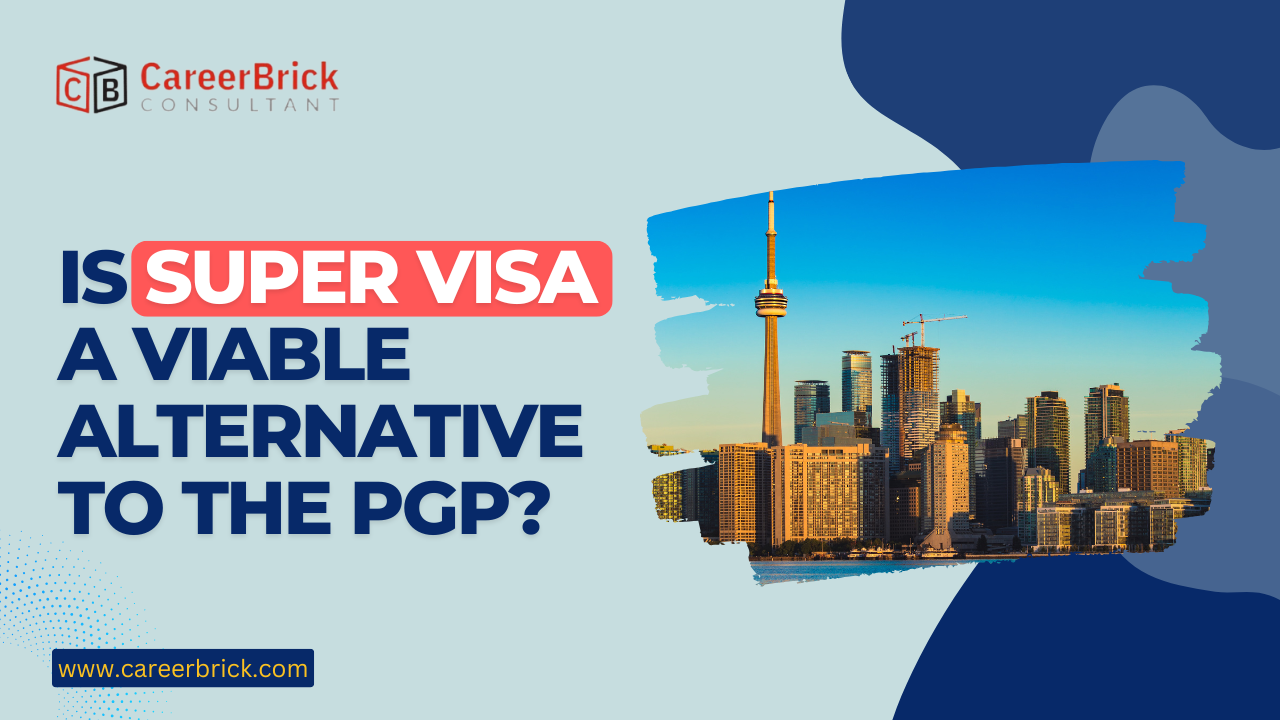On May 21st, the Parents and Grandparents Program (PGP) reopened. However, this marks the fourth consecutive year that Immigration, Refugees and Citizenship Canada (IRCC) has restricted the program to eligible applicants from the 2020 pool. As a result, sponsors from subsequent years have yet to gain access to the PGP candidate pool, limiting their chances to sponsor loved ones for Canadian permanent residence (PR).
Fortunately, the Super Visa offers an alternative pathway for those unable to sponsor their parents or grandparents through the PGP. While distinct, the Super Visa serves a similar purpose—enabling Canadians to reunite with their loved ones.
Availability
The availability of the PGP and Super Visa programs differs significantly.
The PGP is offered once a year with very limited spots. Due to IRCC’s focus on the 2020 intake, eligibility has been restricted to candidates who expressed interest that year. The PGP uses a lottery system, opening for only two weeks annually. Sponsors are selected randomly, making the process highly competitive.
The Super Visa, in contrast, is open year-round. Eligible applicants can apply at any time, and all applications are evaluated equally. This consistent availability and higher acceptance rate make the Super Visa a more accessible option for many families.
Eligibility
Both programs are open to parents or grandparents of Canadian citizens or permanent residents, but their eligibility criteria vary.
PGP Eligibility
To qualify for the PGP, applicants must:
- Have submitted an Interest to Sponsor form in 2020.
- Be 18 years or older and reside in Canada.
- Provide proof of Canadian citizenship, PR status, or registration under the Canadian Indian Act.
- Meet or exceed the Minimum Necessary Income (MNI) requirement and provide proof of income.
- Commit to financially supporting the sponsored person for 20 years (10 years in Quebec).
Super Visa Eligibility
For the Super Visa, applicants must:
- Be outside Canada at the time of application.
- Show proof of an eligible host (Canadian citizen, PR, or registered Indian).
- Demonstrate a relationship with the host and proof of their status, age, and residency in Canada.
- Meet Canada’s Low-Income Cut-Off (LICO) criteria.
Under both programs, applicants must not be medically or criminally inadmissible.
Immigration Outcomes
The immigration outcomes differ between the programs.
- PGP: Approved applicants gain PR status, allowing them to live, work, and settle in Canada indefinitely with access to most rights enjoyed by Canadian citizens.
- Super Visa: Approved applicants receive temporary resident status, enabling stays of up to five years at a time, extendable by two additional years. While it does not offer PR, the Super Visa allows extended visits without the need for frequent renewals.
Cost
The costs associated with each program also vary due to their differing outcomes.
PGP Costs
- $1,205 CAD for a principal applicant (including sponsorship, processing, and PR fees).
- $1,210 CAD for an accompanying spouse/partner.
- PR fees can be waived in special cases.
Super Visa Costs
- $100 CAD for a single or multiple-entry visa.
- $500 CAD for a family of five (if applying together).
- Additional fees: $100 CAD to extend visitor status or $229 CAD to restore it, if necessary.
Conclusion
While the PGP offers the advantage of PR status, its limited availability and eligibility criteria make it challenging for many. The Super Visa, with its year-round availability and less stringent requirements, provides a practical alternative for families wishing to reunite in Canada.







